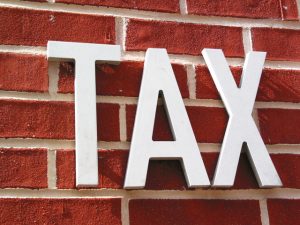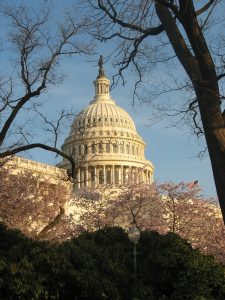Google, Facebook Won’t Friend Cannabis Business Ads
For many cannabis businesses, social media seems like the ideal place to advertise. Facebook provides many tools for advertisers that allow them to focus their audience in a way that would be extraordinarily beneficial for marijuana products and dispensaries. They would be able to narrow down the viewers to only include people in states where cannabis is legal. They would also be able to add age restrictions, ensuring as much as possible that minors would not be exposed to the ads. It’s really a win-win, except for one very annoying catch.
advertisers that allow them to focus their audience in a way that would be extraordinarily beneficial for marijuana products and dispensaries. They would be able to narrow down the viewers to only include people in states where cannabis is legal. They would also be able to add age restrictions, ensuring as much as possible that minors would not be exposed to the ads. It’s really a win-win, except for one very annoying catch.
Marijuana businesses are prohibited from advertising on Google or Facebook.
A recent report from Washington Post examined the challenges marijuana businesses face advertising to their customers while pot remains illegal under federal Controlled Substances Act, 21 U.S.C. Section 812. The act outlines guidelines by which to classify certain drugs based on how dangerous a risk they pose, whether they have any medical benefits, and if they are addictive. Currently, marijuana is Schedule I, the most restricted classification on the list, despite no evidence it fits any of those qualifiers. That very same act (under Section 843) states “It shall be unlawful for any person to place in any newspaper, magazine, handbill, or other publications, any written advertisement knowing that it has the purpose of seeking or offering illegally to receive, buy, or distribute a Schedule I controlled substance.”
So how are there so many marijuana ads out there?
 Cannabis Law Group's Medical Marijuana Legal Blog
Cannabis Law Group's Medical Marijuana Legal Blog









 federal officials to back off of prosecuting those selling, distributing, growing, or using marijuana, so long as the offenders were following state laws. The memo was issued to reconcile the federal
federal officials to back off of prosecuting those selling, distributing, growing, or using marijuana, so long as the offenders were following state laws. The memo was issued to reconcile the federal  businesses opening their doors.
businesses opening their doors. recreational marijuana businesses beginning Jan. 1, 2018.
recreational marijuana businesses beginning Jan. 1, 2018.
